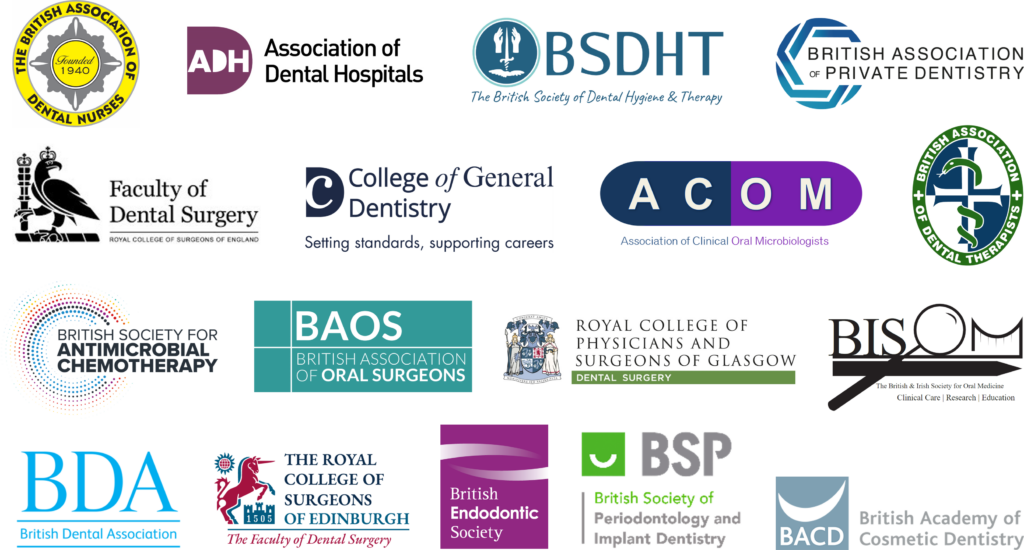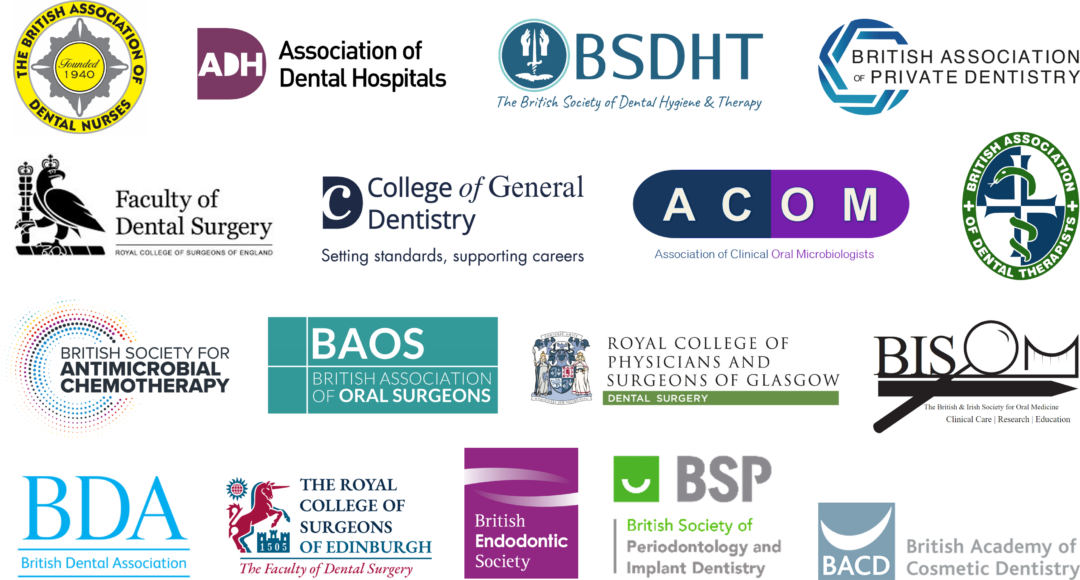‘Preventing antimicrobial resistance together’ is the theme of World Antimicrobial Awareness Week (WAAW) 2022. Held annually from 18-24 November, WAAW is led by the World Health Organization (WHO), in partnership this year with the World Organisation for Animal Health, the Food and Agriculture Organization of the United Nations, and the UN Environment Programme.

The World Health Organization has declared antimicrobial resistance (AMR) as one of the top 10 global public health threats facing humanity, requiring urgent multisectoral action to achieve the Sustainable Development Goals. Members of the wider oral healthcare community, including decision makers and those with influence in governmental, non-governmental, academic and regulatory domains, must therefore consider their impact on AMR as a critical part of the sustainability agenda.
During WAAW 2022, the College of General Dentistry, Association of Clinical Oral Microbiologists and Faculty of Dental Surgery of the Royal College of Surgeons of England, are highlighting the importance of working together to tackle AMR, supported by the Association of Dental Hospitals, British Academy of Cosmetic Dentistry, British Association of Dental Nurses, British Association of Dental Therapists, British Association of Oral Surgeons, British Association of Private Dentistry, British Dental Association, British Endodontic Society, British and Irish Society of Oral Medicine, British Society of Antimicrobial Chemotherapy, British Society of Dental Hygiene and Therapy, British Society of Periodontology and Implant Dentistry, the Faculty of Dental Surgery of the Royal College of Physicians and Surgeons of Glasgow and the Faculty of Dental Surgery of the Royal College of Surgeons of Edinburgh.
“Everyone delivering and supporting oral healthcare has a role to play.”
They are reminding all those who deliver or support the delivery of oral healthcare that they have a role to play –working together, dental teams can identify service improvements and help keep antimicrobials working by auditing their prescribing practices, and the wider oral health community can reduce the need for prescribing of antibiotics by ensuring access to the right oral healthcare, at the right time and in the right place.
The organisations are encouraging dental teams to use a number of free resources to ensure that antimicrobials are used only when strictly necessary and appropriate:
- Guidelines for antimicrobial prescribing in dentistry: https://cgdent.uk/standards-guidance, https://www.sdcep.org.uk/published-guidance/drug-prescribing/, https://bnf.nice.org.uk
- CPD for prescribers: https://www.baos.org.uk/elearning/
- Free course for the wider team: http://www.futurelearn.com/courses/tackling-antibiotic-resistance-dentists
They are also highlighting the Dental Antimicrobial Stewardship Toolkit (https://www.gov.uk/guidance/dental-antimicrobial-stewardship-toolkit), which provides links to a range of guidance, training, audit and patient-facing resources (including those above) which will be useful for all members of the dental team, including but not limited to prescribers.


